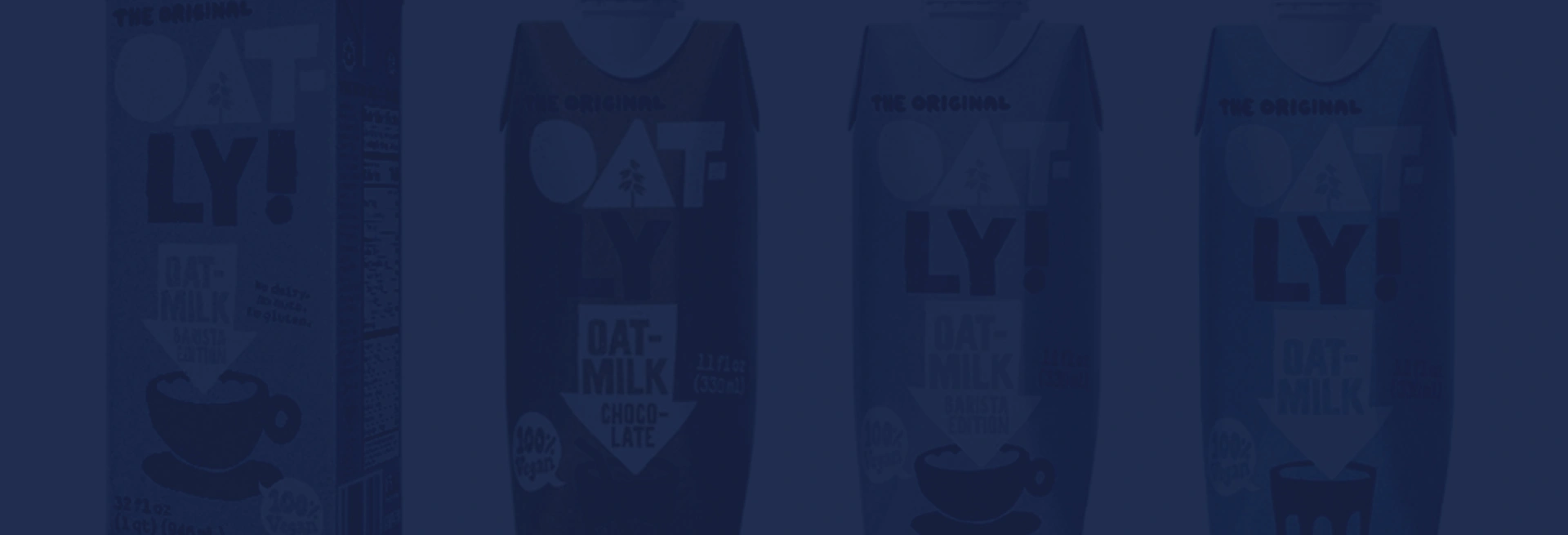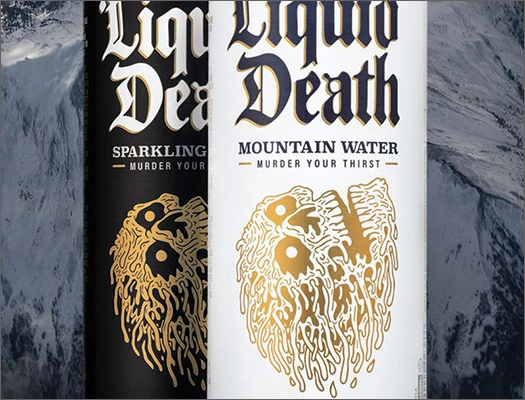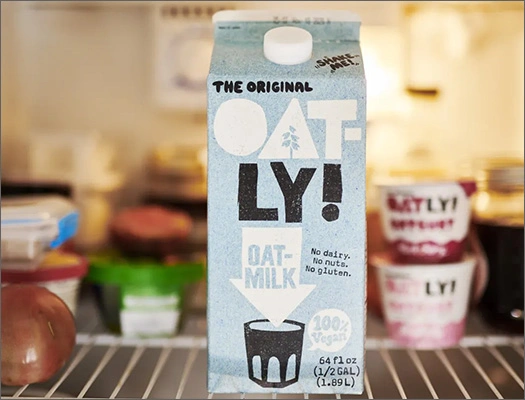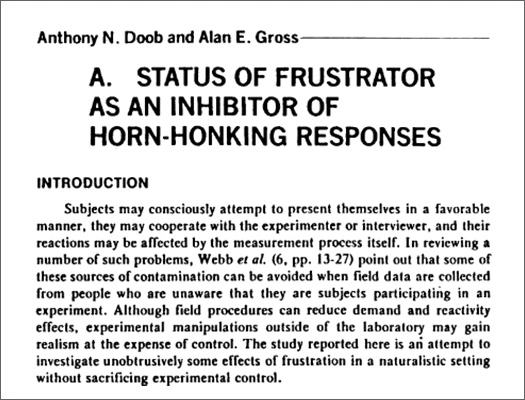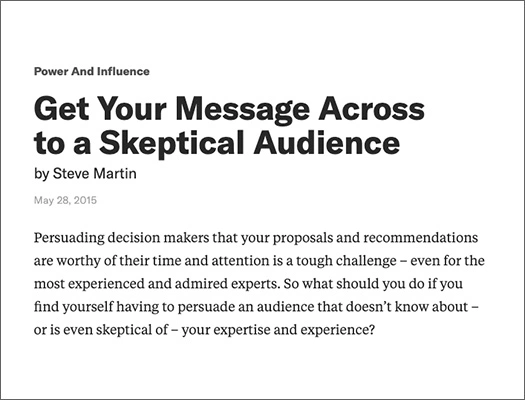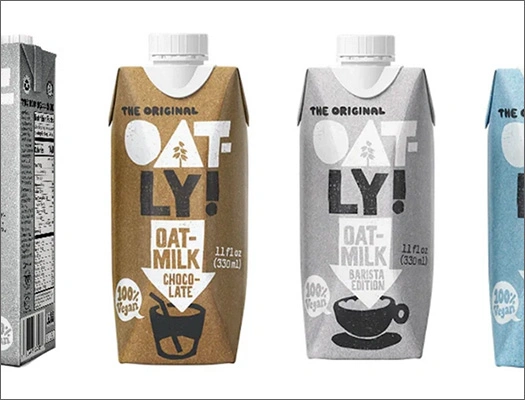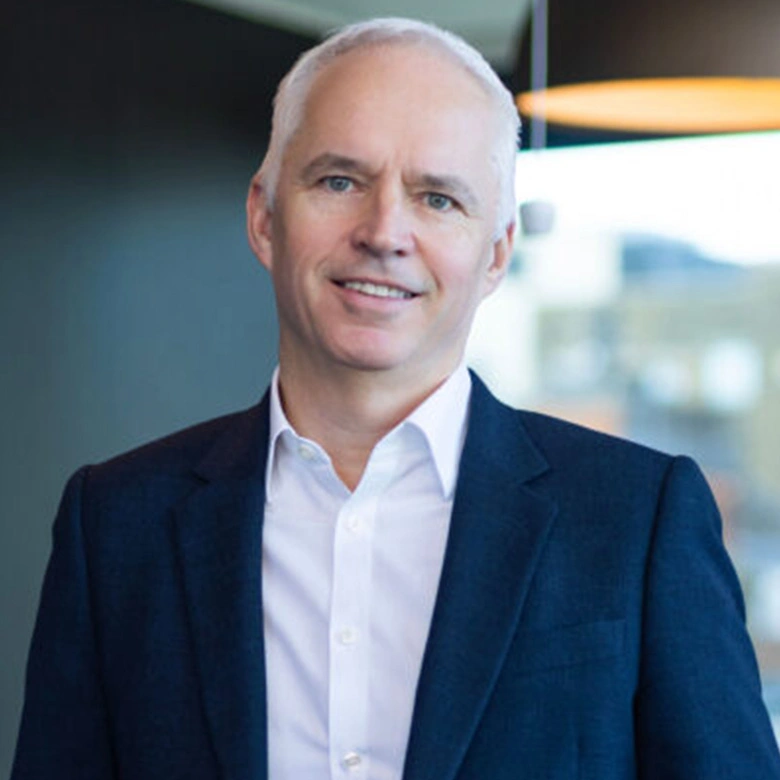Episode Highlights
Neutral messengers are often more persuasive than self-interested ones. A small shift—like a colleague delivering praise instead of the person themselves—can meaningfully boost credibility and conversion rates.
Levine's study shows how quickly identity framing can influence behavior. Man U fans were far more likely to help a jogger wearing their team's shirt—unless primed to see all football fans as part of their in-group.
Three key takeaways: The messenger matters as much as the message; credibility, relatability, neutrality, and status make for strong messengers; and never rely on self-reports—people often misread their own motivations.
Resources & Useful Links
See below for additional resources from this week's episode.
